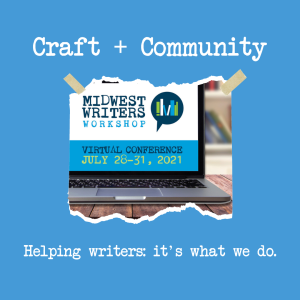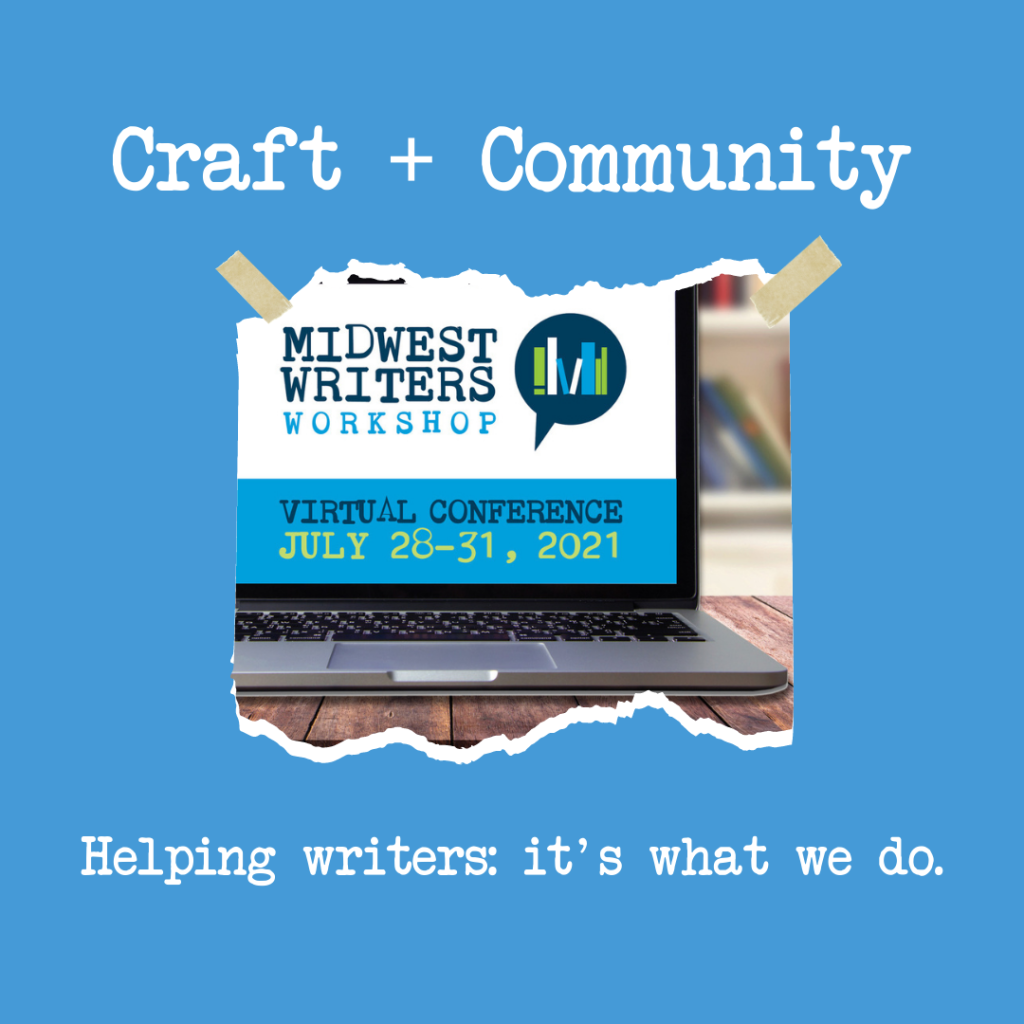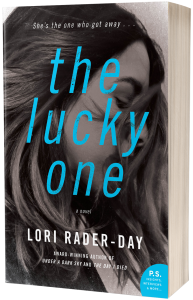Make MWW21 your summer destination
Join us for inspiring four days at Midwest Writers Workshop, July 28-31, 2021. It’s the best kind of writing conference for both aspiring authors and those getting ready to pitch or market finished works.
More than 20 sessions cover aspects of novel-writing, creative nonfiction research, children’s writing, memoir, essays, and new this year – writing comics. Plus breakout sessions, writing prompts, cocktail hours, and chances to read a “first page” for feedback.
 Everything is online, but we offer a remarkable level of intimacy nonetheless! You’ll find it a joy to get acquainted with fellow speakers and hear from writers whose struggles are similar to yours. In every session, the mutual support and encouragement you receive (in the chat boxes and in small breakout “rooms” where you can unmute and unload) will keep you motivated and inspired. And there’s a private Facebook group for shared links and book recommendations, questions, and selfies.
Everything is online, but we offer a remarkable level of intimacy nonetheless! You’ll find it a joy to get acquainted with fellow speakers and hear from writers whose struggles are similar to yours. In every session, the mutual support and encouragement you receive (in the chat boxes and in small breakout “rooms” where you can unmute and unload) will keep you motivated and inspired. And there’s a private Facebook group for shared links and book recommendations, questions, and selfies.
Best piece of advice for persons registering for MWW21 in July: Keep an open mind. If you write romance novels, attend a poetry session; if nonfiction is your passion, attend how to create powerful scenes. In other words, plan to stretch yourselves in all sorts of new ways. The best part of being a writer is that you never master it. You’re always learning and experimenting.
Virtual MWW21 is around the corner! July 28-31!
MWW21 is more than instructional and inspiring sessions!
Award-winning author and MWW21 fiction faculty, Angela Jackson-Brown offered this wisdom:
On Thursday, July 29th, the second day of the Midwest Writers Workshop conference, you will have the opportunity to “Read Your Stuff” during our Morning Talkabouts.
Of course, some of you are probably shy or nervous about reading your work out loud. In fact, some of you might even avoid reading your work out loud to yourself. Completely understandable. It definitely feels a little awkward. But it’s some of the best advice you can receive when it comes to reviewing your own work. Reading it out loud lets you physically hear it, a different experience altogether from hearing it in your head. We would urge you to consider pushing through that desire to remain silent and share your work.
Below are some reasons why it is great to share your work. The information below comes from an article written by David Berner of The Writer Shed.
- You will catch awkward or unnecessary phrases. When we write, we write in silence, meaning we figure out the words in our head and then simply type them. And when you do this, you tend to create unnecessary phrases and sentences, description that is filler, fluff. If we read the work out loud that “fluff” jumps out at us. It will reveal what needs to be cut.
- You find the music in your words. When people say, “that writer writes so beautifully,” they usually mean he/she writes like a poet, a lyricist, and the words flow like the most magnificent of songs. And how do we know we like a particular song? We hear it. It’s not enough to see the notes on a staff; we must experience the melody aurally. Words on a page are no different. Reading out loud will let you know immediately if you are one of the “beautiful writers” or if your story is clunking along like a bad ballad from the 80s. It helps you find the rhythm and pace of your writing, and to ultimately create a memorable melody of story.
- You will find your voice. There is so much talk about writers finding their voice, that unique pattern and style that is all yours. Many times, writing workshops tend to overplay voice. But what they do get right is that writers should write enough to discover it, not force it. Let it emerge naturally. Reading out loud can help in this process. The more you hear your words, the more you can identify how your writing voice is developing.
- You will find your mistakes. We read silently, in part, through a filter. If we do a lot of reading, our brains skim through anticipated phrases and words. We do not read every single word. But, if we read out loud, we are forced to read every word, and that permits us to discover those grammatical errors, typos, even help us see where that comma is misplaced.
- You become a better reader of your own work. If you find yourself writing material that is published or can be shared at many of the live lit experiences popping up all over most cities, reading your work out loud will give you practice. You will hear where you need to work on intonation and pace, where there are words and phrases that look good on paper but are hard to say, and you’ll prepare yourself for troublesome pronunciations. I recently wrote a piece that mentioned a town in Wales. I had seen the town’s name hundreds of times in print, but until I read it out loud, I truly hadn’t known the correct way to say it. Reading out loud fixed that.
Perhaps most important when you’re reading your work out loud and correcting the flow and possible minor mistakes: be kind to yourself. Don’t beat yourself up. You’re taking a courageous step forward to hear yourself and discover your writing voice. That’s not a small thing.







